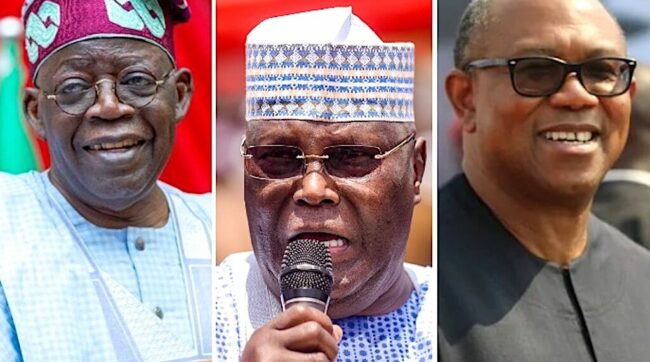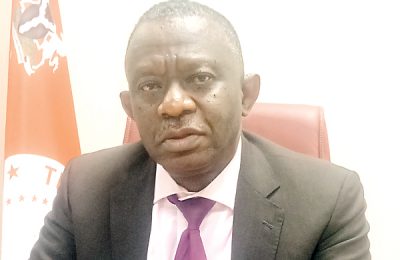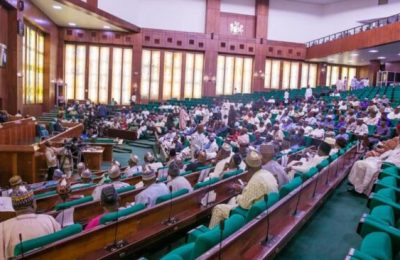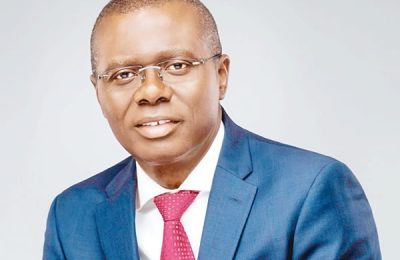Leon Usigbe
Despite the flaws accompanying the February 25 presidential election, Nigeria has proved that democracy can work in Africa and has grown beyond military seizing powers using poorly conducted exercises as excuses.
This is the view of the Editorial Board of the Washington Post maintained in a piece titled: “Nigeria points the way toward democracy in a region in which it is scarce,” that the democratic process has held firm in the country far better than expected.

It pointed out that it is encouraging that the losing candidates are pursuing their claims through the courts. While the rhetoric has been heated, there have been no post-election violence, intimidation or threats.
“No one has blocked highways, as happened in Brazil after Jair Bolsonaro lost his reelection bid. Opposition party supporters have not attempted an insurrection,” the report posited.
It said: “Nigeria’s military has stayed out of the fray. This was not a given, since Nigeria’s generals ruled the country after a series of coups for most of the 1980s and ’90s.
“In Africa and elsewhere, a supposedly flawed election has been a handy excuse for militaries to annul election results and seize power for themselves. It happened in Myanmar in early 2021, for example, despite no evidence of any fraud.

“If Nigeria’s generals remain on the sidelines this time, it could be taken as evidence that Africa’s most populous country, and its largest economy, has moved past its coup-prone history.”
According to the publication, while it might be tempting for opponents of democratic governance to take Nigeria as a case study of why democracy can’t work in Africa, “Actually, the opposite is true. In Nigeria, even with its chaotic and flawed process, the system has held and is holding — far better, so far, than might have been expected.”
It highlighted some of the problems encountered in the presidential poll including the collapse of the central result upload website, reports of scattered violence in a few places, with ballot boxes stolen at gunpoint and disappointing turnout.
The Washington Post maintained that even though Atiku Abubakar and Peter Obi of the Peoples Democratic Party and Labour Party are challenging the result because of the problems and demanding a rerun, “that doesn’t mean the vote should be discounted. In fact, much good came from it.”
It observed that the election proved to be Nigeria’s most competitive election since democracy was restored in 1999, noting: “Each of the three top candidates — Mr Tinubu, Mr Abubakar and Mr Obi — won
12 of the country’s 36 states, a surprisingly even split. And Mr Obi, who was projected to win in some polls, could claim a stunning victory in Lagos state, Mr Tinubu’s home turf.
“Mr Obi’s campaign was powered by young, better-educated urban voters savvy with social media, but he was unable to make inroads in more rural and traditional areas. But at 61, he is nearly a decade younger than Mr Tinubu, 70, and can be expected to be in politics for years to come.”
According to the report, Nigeria’s neighbours and its major trading partners, including the United States, have all accepted the result, which it says, most international observers said was largely free and fair, despite problems.
The report warned the President-elect, Bola Tinubu of the All Progressives Congress that a delicate period lies ahead, saying: “If President-elect Tinubu is eventually confirmed as the winner, he will need Nigerians to accept that he was the legitimate victor fully. This means the losing candidates should have their day in court and be able to present any evidence that election-day problems affected the final result.
“Officials have asserted that technical glitches, not sabotage, were the issue and have cited poor internet connections and heavy traffic that slowed the system.
“But to restore trust, they need to demonstrate this with transparency. All election-day irregularities need to be thoroughly examined. And the country’s Independent National Electoral Commission needs to assess what went wrong and fix it.
“A round of elections on Saturday for 28 governorships and state assemblies seemed to be much better managed and passed without major snafus, despite some scattered reports of violence.
“Even a flawed election in Nigeria can set a standard in a part of Africa where staging a coup is more common than canvassing for votes.”
“An election in Nigeria won’t turn Africa into a democratic utopia. But it can point the way to a different path,” the report declared.
READ ALSO FROM NIGERIAN TRIBUNE







